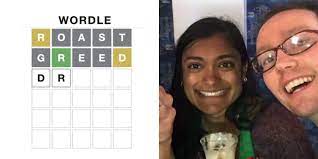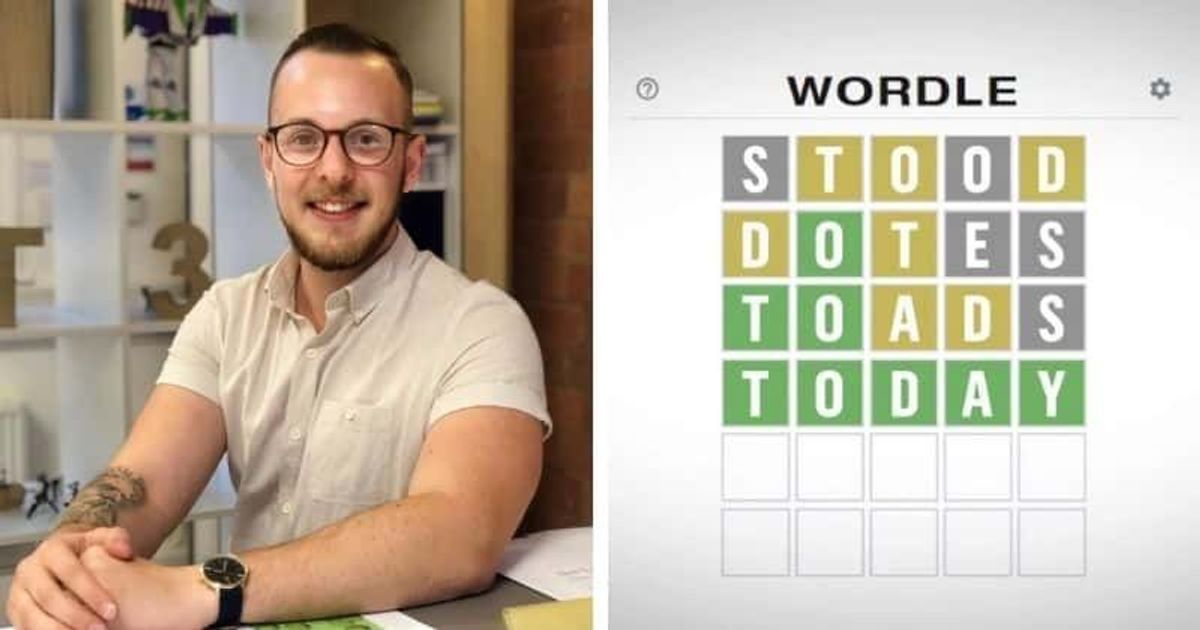Wordle is a word puzzle game where the user must determine a 5-letter word based on clues from previous guesses. They have 6 chances to determine the correct word in order to be successful.
Josh Wardle was working at Reddit as an artist and product manager when he first came up with the idea for Wordle. (And yes, the name Wordle was intentionally designed as a play on his last name, Wardle).
He developed the first iteration of the game in 2011 but would not complete it until 2013. For the next 8 years, he and his partner would play the game without telling anyone. They viewed it as simply an enjoyable activity shared between the two of them. Following the feedback of some friends and colleagues, Wardle decided to post the game on his personal website. During the first month of the game going public, it had only 90 players however the next month saw the daily player count rise to 300,000 and two weeks later it hit 2 million daily users before being purchased by the New York Times.
Interestingly, before eventually selling the game, Wardle was actually paying up to $100 a month to keep the game public and free. The purchase of Wordle by the New York Times was estimated to be for at least $1 million dollars. Wardle currently generates no additional income from the game despite its daily player count now reaching 10 million users.
Wardle has now moved on from his position at Reddit and works as a software engineer at a Brooklyn-based art company.


I LOVE Wordle!!! I still play it every day and I swore I was the only one.
I also cannot believe he and his partner played it for 8 years without sharing it – and how big it got once they did. I think this is a great example to show how an entrepreneur doesn’t have to be a very successful businessman or designed – it could be any one of us, and any one of us thinking our own little “game” we play at home is nothing special, when in reality people seek these types of games constantly. Entrepreneurs don’t have to be a person who may have came up with an idea to change the world, either (like many are), and can have almost accidentally fallen into the role.
I suppose this is how many “drinking games” may have started…
Agreed, Emma.
I play every morning as well! (Lost my streak the other day because I went out for breakfast and normally I do Wordle with my morning coffee. Threw off my whole morning routine and I forgot about it. Was not happy.)
I found the story very interesting. In particular how he kept the game public through his own funding simply because he saw that people were enjoying it. I know he ended up making a significant profit when it was eventually sold to the New York Times, but the conception and development of the game was driven not by a desire to make money but was primarily a passion project. I think it goes to show that best ventures are designed through passion and enthusiasm and profitability should come as a result of that. Of course there are exceptions to everything, but I feel like if he developed the project with the sole intention of making money, it never would have gained the traction it did.
I read somewhere that part of the sale agreement also was that it had to remain free to play. I remember thinking when it was purchased by the NYT that it would end up being firewalled for those that didn’t subscribe but it just goes to show how there are entrepreneurs out there who just want to do some good for the world!
Agreed! I think there is a balance that can be struck between generating profit and generating interest. Essentially, for the “low” price of 1 million dollars, The New York Times, has gained potentially 10 million daily users. That kind of exposure is well worth the cost and putting the program behind a even a small paywall would dramatically hinder the number of hits The New York Times platform reviews.